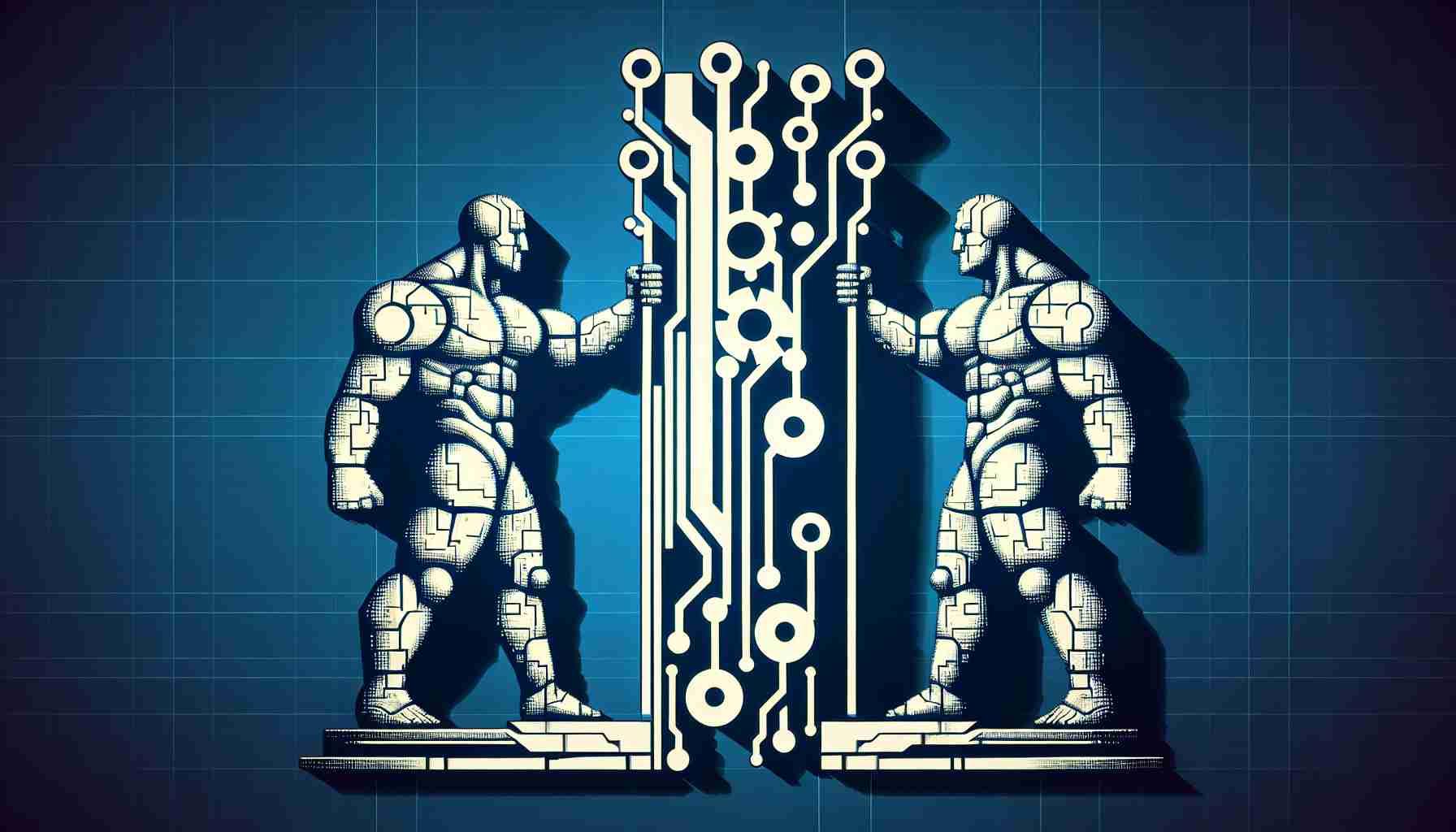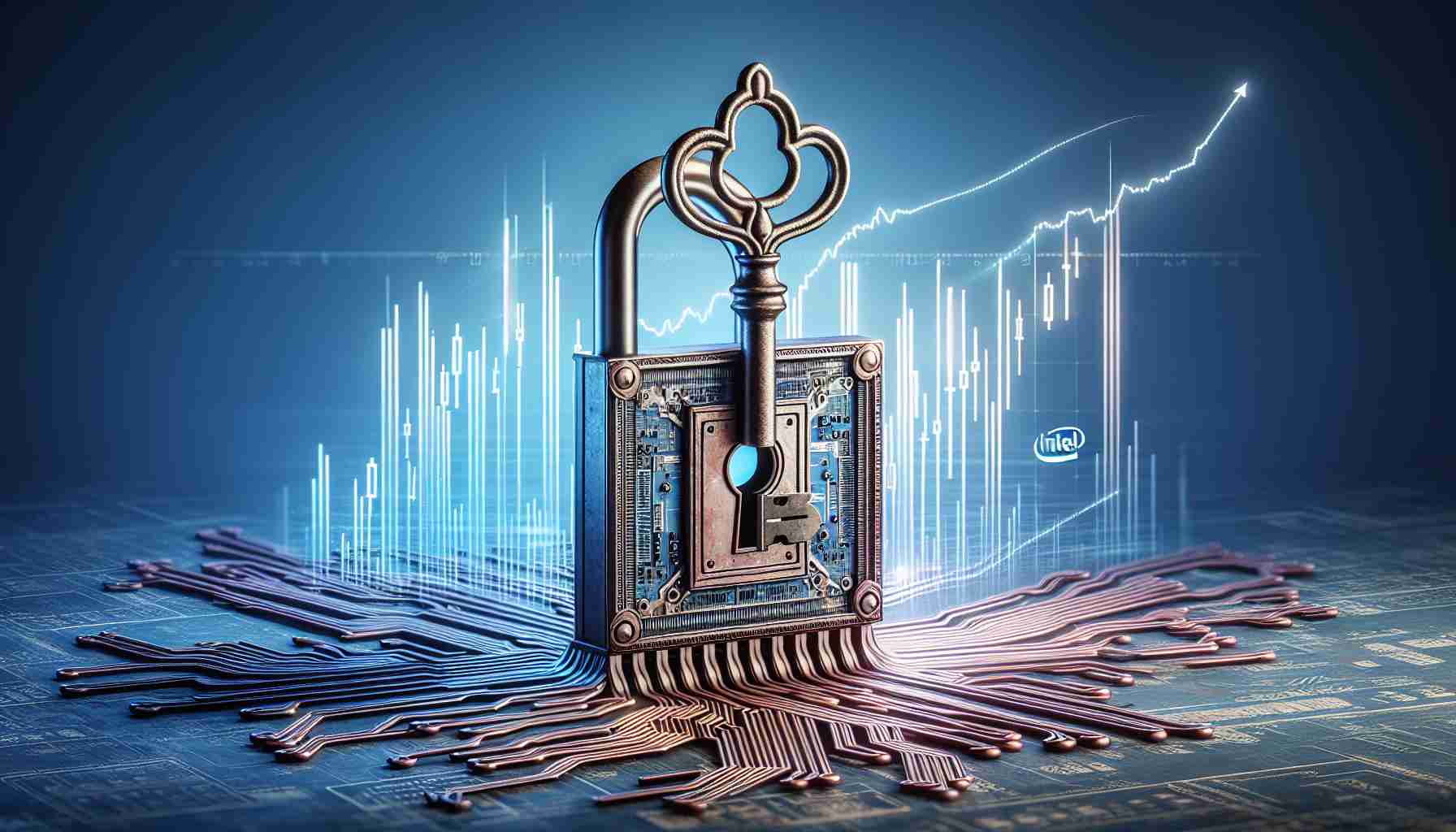In recent years, the concept of home backup systems has become increasingly important, particularly in areas prone to power outages. Traditionally, these systems have relied on lithium-ion batteries, but a new player is emerging on the horizon: the solid state battery. Although not yet mainstream, the potential of solid state batteries as a home backup solution is gaining attention due to their promising advantages.
Solid state batteries differentiate themselves from traditional lithium-ion batteries by using a solid electrolyte instead of a liquid one. This design change brings several benefits, particularly in terms of safety and energy density. By eliminating the risks associated with liquid electrolytes, such as leakage and flammability, solid state batteries offer a safer alternative for home use, an especially critical factor when storing energy for backup purposes.
Moreover, solid state batteries have the potential to offer higher energy density, meaning they can store more power in a smaller space. This feature is particularly appealing for residential applications where space can be a limiting factor. As a result, homes could either use fewer batteries to achieve the desired capacity or optimize the available space for even greater storage capacity.
While the widespread adoption of solid state batteries for home backup is yet to be realized, their longer lifespan and environmental friendliness also make them an attractive option as the technology matures. These advantages, combined with continuous advancements in production techniques, suggest that solid state batteries might one day play a pivotal role in how we secure our homes against power disruptions. As research progresses, these batteries promise to offer not just a backup, but a robust and sustainable energy solution for homeowners.
The Future of Home Backup: Solid State Batteries
Solid state batteries, while not mainstream yet, are creating a buzz in the field of home energy solutions due to several factors not previously highlighted. One key advantage is their impressive charging speed. Unlike traditional lithium-ion batteries, solid state batteries can potentially charge much faster, reducing the downtime during power outages. This characteristic could dramatically enhance their practicality in real-world scenarios, where timely recharging is crucial.
Additionally, temperature stability is another noteworthy feature. Solid state batteries tend to perform better across a range of temperatures compared to their lithium-ion counterparts. This means they can reliably operate in varied climatic conditions, making them suitable for diverse geographical locations prone to extreme weather conditions, enhancing their robustness as a home backup system.
Cost, however, remains a significant barrier to the widespread adoption of solid state batteries. Currently, the high cost of materials and production processes makes them less accessible for the average homeowner. Yet, as research and development continue, it is anticipated that these costs will decrease, paving the way for broader usage.
Interestingly, companies across the globe are racing to innovate in this space, indicating the start of an intense competitive landscape. As developments in materials and manufacturing processes unfold, the competition may drive both innovation and affordability. Speculation about which company will lead this revolution adds an air of excitement to the sector.
For more in-depth information on this burgeoning technology, visit Bloomberg or Wired. These resources offer insights into the latest advancements and market dynamics shaping the future of solid state batteries.





















